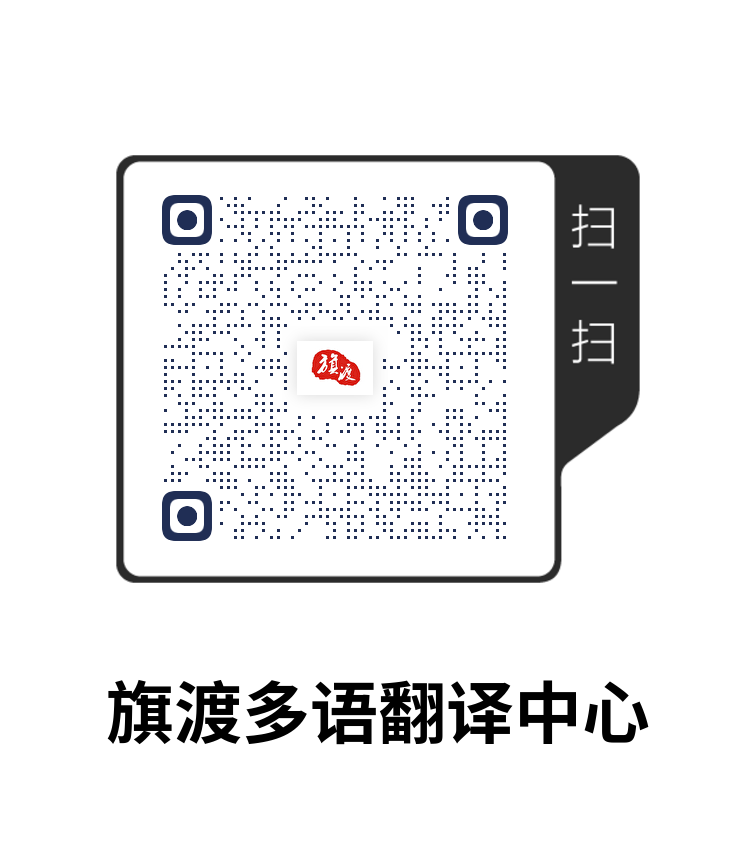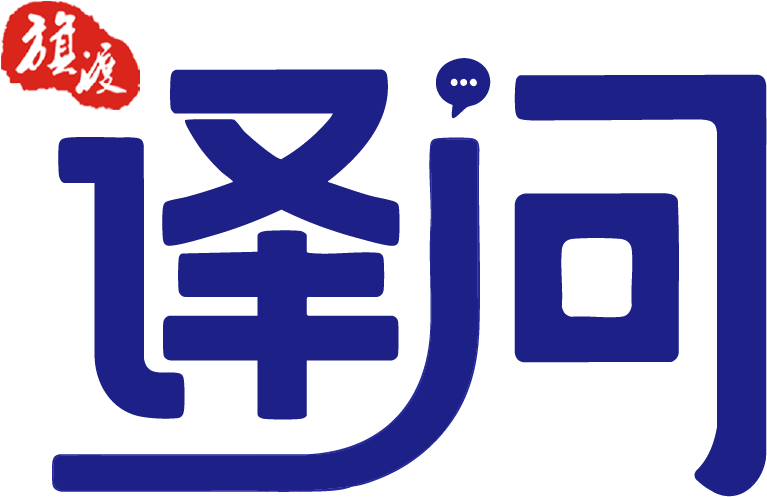cross examination 即交叉询问,是由一方当事人或其律师在法庭上对另一方证人进行的盘诘性询问。
《布莱克法律词典》对这个概念的解释是:“在审判或听证中由与传唤证人出庭作证的一方相对立的一方对该证人进行的讯问。”
交叉询问是英美法系庭审时对证人的一种询问方法,即首先由提出证据的一方对本方人进行“主询问”。主询问规则如下:
1.仅限于与案件关联的事实
2.当事人不得以反询问或其他方式质疑或攻击自己的证人
3.一般不得诱导性询问
然后由对方进行可诱导性的“交叉询问”,其目的在于揭示证人的偏见和不可信性。
【双语例句】
In any cause or matter begun by originating summons, originating motion or petition, and on any application made by summons or motion, evidence may be given by affidavit unless in the case of any such cause, matter or application any provision of these rules otherwise provides or the Court otherwise directs, but the Court may, on the application of any party, order the attendancefor cross-examination of the person making any such affidavit, and where, after such an order has been made, the person in question does not attend, his affidavit shall not be used as evidence without the leave of the Court.
在任何藉原诉传票、原诉动议或呈请书开展的讼案或事宜中,并在有藉传票或动议提出的申请提出时,证据可藉誓章提出,但如在任何该等讼案、事宜或申请中,本规则的任何条文另有规定或法庭另有指示,则属例外;然而法庭可应任何一方的申请,命令作出任何该等誓章的人出庭接受盘问;凡在该命令作出后,有关的人并不出庭,则如无法庭许可,该人的誓章不得用作证据。

